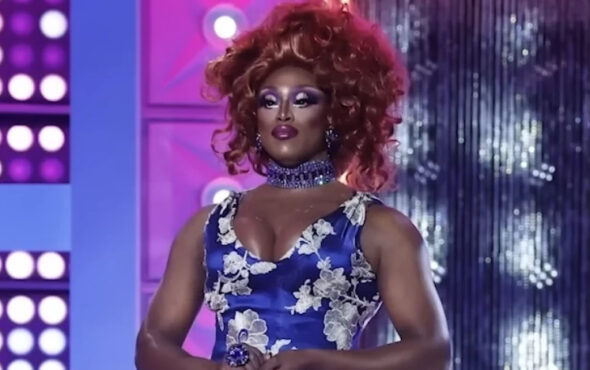
US Representative Mike Johnson was elected last week by his fellow Republicans to serve as speaker of the House of Representatives, after three weeks of turmoil and several failed candidates.
An evangelical Christian who describes himself as a life-long conservative, Johnson, 51, opposes abortion rights and is perhaps best known for his defense of former President Donald Trump‘s attempts to overturn the results of the 2020 election.
Here is a look at what his election might mean for LGBTQIA+ Americans:
What has Johnson said about LGBTQIA+ rights?
Prior to Congress, Johnson was a lawyer who mainly worked on religious freedom issues, successfully defending Louisiana’s same-sex marriage ban in 2004.
While working as an attorney for the Alliance Defending Freedom (ADF) in the early 2000s, a conservative legal advocacy job, Johnson wrote about issues such as same-sex marriage for a newspaper in his hometown of Shreveport, Louisiana.
In one of the columns, dated Sept. 12, 2004, he describes gay relationships as “inherently unnatural”, referring to the dangers of a “homosexual lifestyle.”
“If we change marriage for this tiny, modern minority, we will have to do it for every deviant group. Polygamists, polyamorists, pedophiles, and others will be next in line to claim equal protection,” reads one clipping of the newspaper, cited in a CNN report.
Asked last week about the editorials during a television interview, Johnson said: “I don’t even remember some of them.”
He added that he genuinely loves all people “regardless of their lifestyle choices” and that he respects the rule of law, CNN reported.
What is his congressional record on LGBTQIA+ issues?
Johnson opposes same-sex marriage and introduced a bill in 2022 that would have banned schools from promoting or discussing sexuality or gender identity.
His national “Don’t Say LGBTQIA+” bill, formally called the Stop the Sexualization of Children Act of 2022, sought to expand laws in some US states that prohibit the teaching of LGBTQIA+ topics in school classrooms.
The bill stalled in the House committees on oversight and reform, and education and labor, according to The Bay Area Reporter.
He also led a Congressional hearing on the effects of gender-affirming healthcare among transgender youth, describing practices such as hormone therapy as “adults inflicting harm on helpless children to affirm their world view.”
What do LGBTQIA+ advocates say about his election?
The Republican Party is largely against LGBTQIA+ rights, and gay and trans rights campaigners said Johnson’s selection indicated that the party would continue to block steps towards greater equality.
Kelley Robinson, president of the Human Rights Campaign (HRC) advocacy group, called Johnson “the most anti-equality Speaker in US history.”
“This is a choice that will be a stain on the record of everyone who voted for him,” Robinson said in a statement.
Brian C. Johnson, CEO of the Equality Illinois LGBTQIA+ advocacy group, echoed her comments.
“House Republicans elevated one of their most virulent anti-equality members to the highest seat in the US House of Representatives,” he told Openly.
University of Oregon Professor Alison Gash said opportunities for progress on LGBTQIA+ rights among the Republican Party were unlikely, regardless of the choice of speaker.
“Republican governors have already established that opposing queer and trans rights – especially for youth – will be a core element of the Republican platform so long as it holds electoral promise,” she said.
Reporting by Andrew Davies.
GAY TIMES and Openly/Thomson Reuters Foundation are working together to deliver leading LGBTQIA+ news to a global audience.



